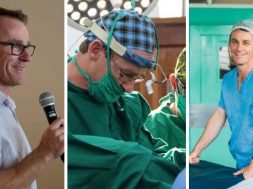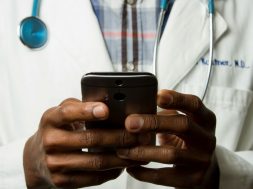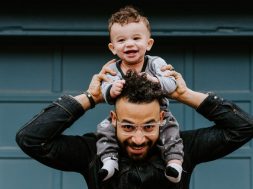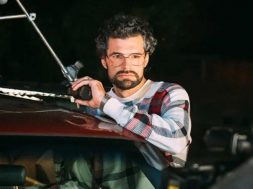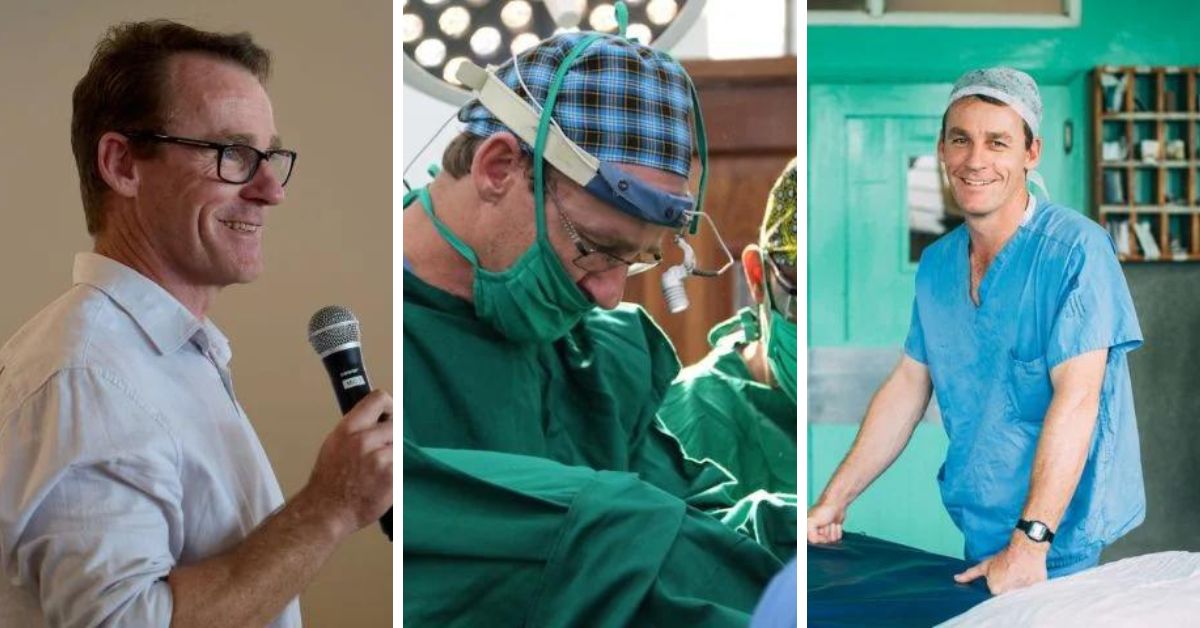
By: Georgia Free
Meet Dr Andrew Browning – the Australian doctor saving the lives and dignity of thousands of women in Africa, one surgery at a time.
Andrew has spent more than 20 years in Africa – helping women affected by obstetric fistulas in childbirth, a prevalent issue in many sub-Saharan African countries.
Originally trained by the late Dr Catherine Hamlin, Andrew established the Barbara May Foundation in 2009, to expand Catherine’s work. In the last 15 years, the foundation has gone from strength to strength – building fistula hospitals– which has trained local doctors and established programs to prevent fistulas from occurring.
Andrew has also written a book about his career and life called A Doctor in Africa.
Inspired at six years old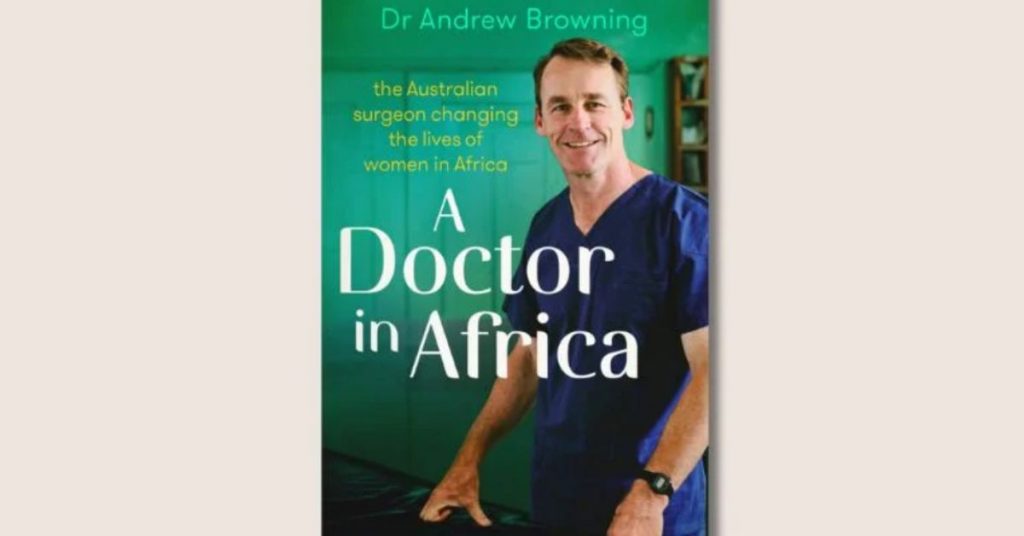
Andrew’s commitment to his work and mission in Africa is deeply rooted in his Christian faith – and trust in God. But the call to serve is something that Andrew first felt from God when he was six years old – at a Sunday school lesson in his hometown of Bowral, in the Southern Highlands of NSW.
“I remember sitting at the feet of a missionary called Dot Thompson, a nurse who had just returned from Tanzania,” Andrew said in our interview.
“She was teaching us a bit of Swahili and teaching us all kinds of exciting stories about what God was doing. And I thought ‘Oh, I’m going to be a missionary doctor when I grow up.’ And here I am, 48 years later, doing [exactly that].”
Although Andrew swore he would never follow in his father’s footsteps and become a gynecologist, he began studying medicine in Australia and quickly grew an interest in the specialty.
Andrew first travelled to Africa as a medical student, for an elective in mission work – arriving in western Tanzania at the beginning of the Rwandan Genocide.
In the months Andrew was there, 20,000 refugees crossed the border into Tanzania. Most of his daily work involved administering IVs to people with dysentery in refugee camps.
“That was quite a quite a confronting time for a 22-year-old. Seeing the horror of thousands of dead people and refugee camps full of suffering,” Andrew lamented.
“It really opened my eyes to the needs of the majority of the people in the world.”
Obstetric fistulas – what are they?
In 1996, Andrew returned to Africa following the completion of his medical degree and began training with the late Dr Catherine Hamlin – who specialised in obstetric fistula surgeries in Ethiopia.
Obstetric fistulas occur when a hole develops between the bladder and birth canal, which can occur after a long, complicated labour, with no medical intervention. In many places in sub-Saharan Africa, women labour and give birth in mud huts, as there are no hospitals.
Women can often be in labour for up to a week. After days of labour, the baby’s head is often pressed against the pelvic bones, wearing away and killing the tissues. The resulting hole is called a fistula.
In almost all cases, the baby is stillborn. The mother will have most likely lost consciousness by the time the birth happens.
“Childbirth in these circumstances is dangerous,” Andrew said. “In one area that we work in, one in twelve women will die giving birth purely because there’s no hospitals.”
Furthermore, fistulas are debilitating conditions – which leave women incontinent and ostracized from their communities.
“Some women live with these conditions in complete isolation for 50 years,” Andrew said. “40% of these women will try and take their lives because they are so ashamed of the way they are.”
Barbara May Foundation
In 2009, Andrew established the Barbara May Foundation (BMF) to expand the work of Dr Catherine Hamlin into other parts of Africa. BMF has now established maternity hospitals in Ethiopia, Tanzania, South Sudan and Uganda. The foundation also runs fistula services and prevention programs – as well as training local doctors in fistula treatment and surgeries.
However, Andrew also uses his work to tell these women about the love that Jesus has for them.
“We care for them, and we love them and treat them,” Andrew said. “[But] it’s only God who can heal people’s souls, [so] we tell them about Christ’s love for them as well.”
Hope for the future
After decades of living and working in Africa, Andrew has now returned to Australia with his wife and two children – and splits his time between the two continents. His desire is to eventually see free maternal healthcare available across all of Africa – a continent which does so much, with so little.
“Each story in itself is a remarkable story of hope and resilience of these women I treat,” Andrew says. “In Africa, they seem to be more resilient against the brokenness of life, because community is a lot stronger, and faith is a lot stronger.”
Andrew is quick to remind people that they don’t need to be a doctor in Africa to share God’s love with people.
“You can do that with anyone, anywhere. And Christ has given you that love to share [with] the downtrodden, the world to share with other people.
“Just sharing love speaks volumes and points people to Christ, because that love comes from Christ, and we’re all made in God’s image.”
Article supplied with thanks to Hope Media.
All images supplied
